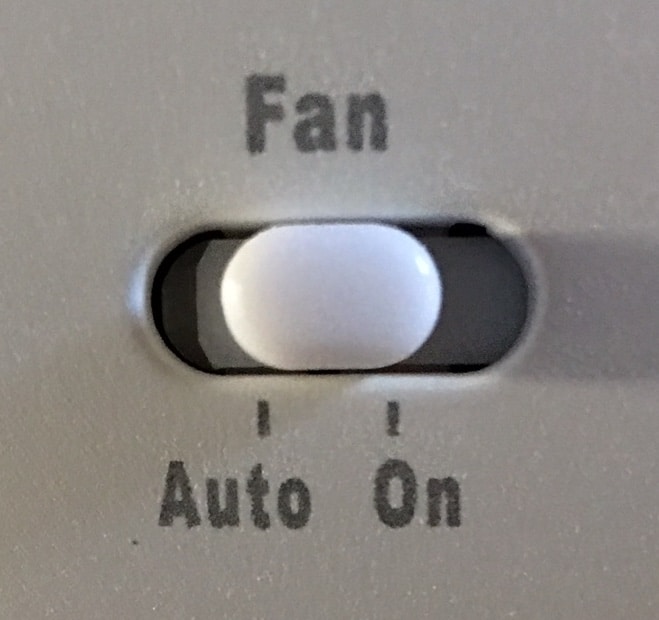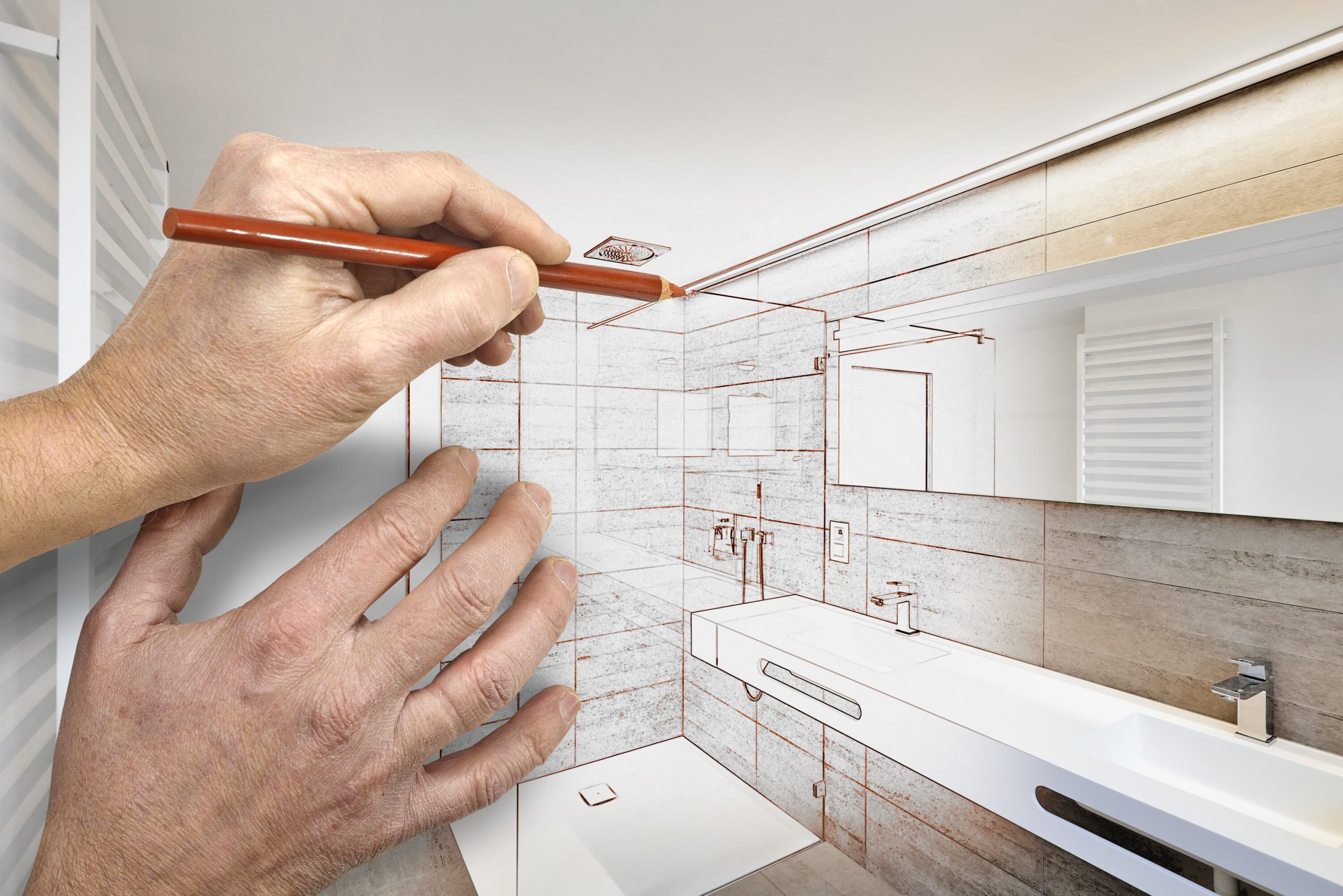
Should you set your Fan to Auto or On
Before we can answer the question of whether you should set your air conditioner’s fan to Auto or On, we first need to clarify what each of those settings does. If your fan is set to On, that means the fan going to stay on all the time, whether the AC is running or not. On the other hand, if your fan is set to Auto, that means that the fan will only come on when the AC does. Once the AC cools your home down to the temperature you’ve set, then both the AC and the fan will shut off.
So, if you set your fan to On, then air will be circulating through your system all of the time, until you manually turn it off. While if you set your fan to Auto, then air will only circulate through the system when the AC is on. There are pros and cons to each setting that you’ll need to consider in order to make the best choice for your home.
When the fan is set to On, running continuously, it can improve both comfort and indoor air quality. Constantly circulating the air prevents hot and cold spots from forming, so your home will be more evenly cooled. Plus, the air in your home will be cleaner because it’s constantly being pulled through the intake filter. This can help prevent the build-up of indoor pollutants like pollen, pet dander, and mold spores. Because of this benefit, setting the fan to On can be particularly helpful for people with allergies.
However, there are also reasons why it may be better to set your fan to Auto. The biggest one is cost. Running your fan continuously uses more energy, so it could significantly increase your utility bills. And since more air is moving through your filter, it will get dirty faster and need to be replaced more often. Running the fan without the AC can also increase the humidity in your home, since the AC won’t be drying out the fresh air being drawn inside.
As for whether it’s helpful or harmful to your HVAC system to run the fan continuously, there’s no clear answer. Fewer stops and starts should reduce wear and tear on the system. But running all the time also means simply running more, which could wear out your fan faster.
Ultimately, you have to weigh the pros and cons for your home and family to decide what’s right for you. If you want to run the fan some of the time, but not 24/7 (and you don’t want to have to remember to turn it on and off manually), you might want to consider a smart thermostat like the Nest. These thermostats can be programmed to run the fan at certain times so that you can get some of the benefits of the fan without running it continuously, and without running up your bill!


